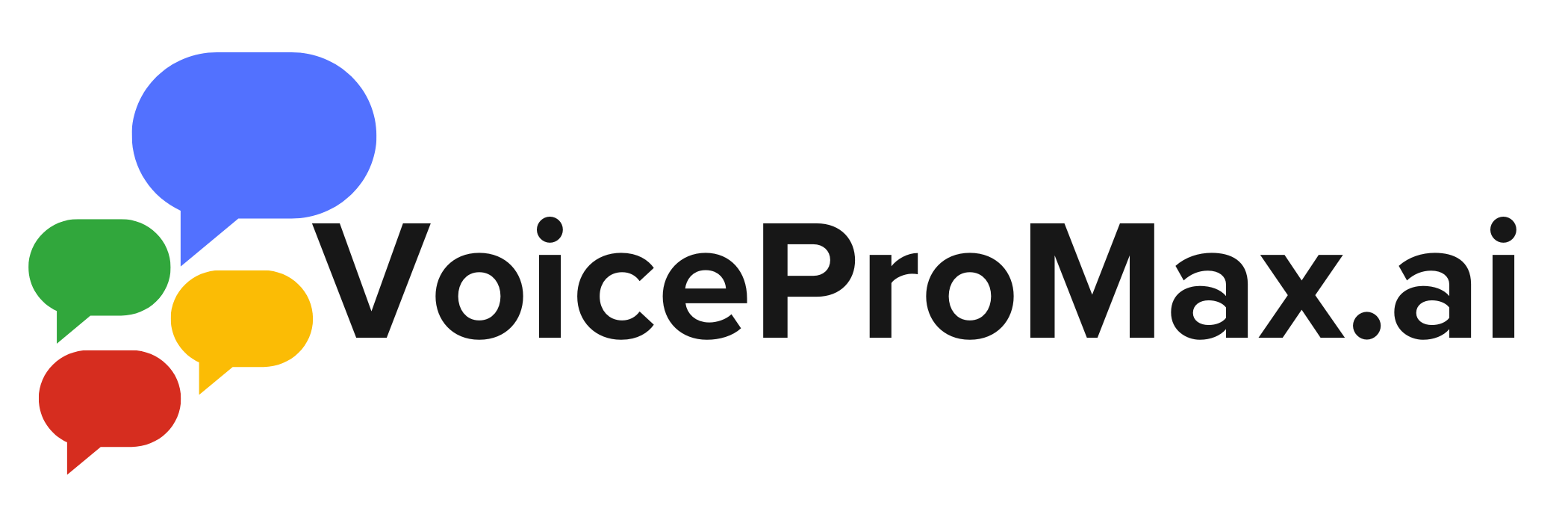The Voice Actor’s Dilemma: Navigating the Ethics of AI in Voice Acting
In a recent personal account, a voice actor shared their experience of being asked to part ways with their agency after refusing a job involving AI voice acting. This decision, which prioritized personal integrity over financial gain, reflects a growing ethical concern in the voice-over industry as AI-generated voices become more prevalent.
The Ethical Quandary of AI Voice Acting
The use of AI in voice acting has sparked a heated debate about the ethical implications of this technology. On one hand, AI-generated voices offer a cost-effective and efficient solution for clients seeking voice-over services. However, many voice actors and clients alike are wary of the potential for deception and misrepresentation that comes with AI voices.
As the voice actor in this story pointed out, there is a fundamental question of **authenticity** at play. When a consumer hears a voice in an advertisement or product description, they assume that it belongs to a real person who has endorsed the message being conveyed. With AI-generated voices, that assumption is challenged, and the line between authentic human expression and artificial simulation becomes blurred.
Moreover, there are concerns about **transparency** in the use of AI voices. If a client uses an AI-generated voice without disclosing it to their audience, they risk misleading consumers and eroding trust in their brand. This is particularly problematic in industries where trust is paramount, such as healthcare or financial services.
The Industry Responds
In response to these ethical concerns, some platforms in the voice-over industry are taking steps to ensure that AI is used responsibly and transparently. Voices.com, for example, has updated its terms of service to require that talent give explicit consent for their voice data to be used in the creation of AI voices. They also emphasize the importance of providing proper credit and compensation to voice actors whose voices are used in AI models.
Other industry leaders are calling for clearer regulations around the use of AI in voice acting. The Screen Actors Guild‐American Federation of Television and Radio Artists (SAG-AFTRA) has been actively advocating for the protection of voice actors’ rights in the face of AI technology. They argue that voice actors should have the right to control how their voices are used and to be fairly compensated for their work, even if that work is used to train AI models.
Legal Battles on the Horizon
As the use of AI in voice acting becomes more widespread, legal disputes are likely to arise over the unauthorized use of voices in AI models. In fact, there are already several high-profile cases making their way through the courts.
One such case involves the Canadian voice actor Bev Standing, who sued TikTok for using her voice in their text-to-speech feature without her permission. The case was recently settled out of court, but it highlights the need for clearer regulations around voice rights and publicity rights in the age of AI.
The Personal Cost of Taking a Stand
For the voice actor in this story, the decision to refuse an AI voice acting job came at a personal cost. By prioritizing their integrity over the potential financial gain, they risked losing their representation and damaging their career prospects.
However, their story also highlights the importance of standing up for one’s values in the face of industry pressure. As the voice actor pointed out, their integrity is worth more than a paycheck. By taking a stand against unethical practices in the industry, they are helping to shape the conversation around the responsible use of AI in voice acting.
Looking to the Future
As AI technology continues to advance, it is clear that the voice-over industry will need to adapt and evolve to keep pace. However, it is equally clear that the human element of voice acting cannot be replaced by machines.
Voice actors bring a level of **emotion**, **nuance**, and **authenticity** to their work that AI models simply cannot replicate. They also bring a sense of **connection** and **trust** to the brands and products they represent, which is essential in building long-term relationships with consumers.
As the industry navigates this new landscape, it will be important to find a balance between embracing the benefits of AI technology and preserving the integrity and value of human voice acting. This will require ongoing dialogue and collaboration between voice actors, clients, and industry leaders to establish clear guidelines and best practices for the responsible use of AI in voice acting.
A Personal Reflection
The story of the voice actor who refused an AI voice acting job is a powerful reminder of the personal and professional values at stake in this evolving industry. It takes courage to stand up for one’s principles, especially when doing so comes at a personal cost.
However, it is precisely this kind of courage and integrity that will be needed to shape the future of the voice-over industry in a way that is both ethical and sustainable. As voice actors, we have a responsibility to use our voices to tell authentic stories and connect with audiences in meaningful ways. We cannot allow the allure of new technology to compromise those values.
In the end, the decision to refuse an AI voice acting job is a deeply personal one, and there is no easy answer. However, by engaging in honest and open dialogue about these issues, we can work towards a future where the benefits of AI technology are harnessed in a way that respects the rights and dignity of voice actors and the audiences they serve.
#VoiceActing #AIEthics #Authenticity #Integrity
-> Original article and inspiration provided by ReviewAgent.ai
-> Connect with one of our AI Strategists today at ReviewAgent.ai

